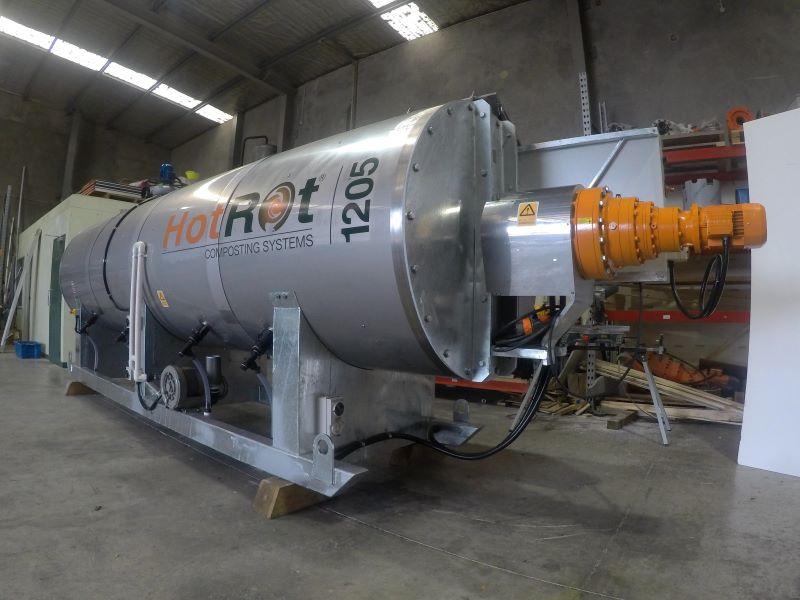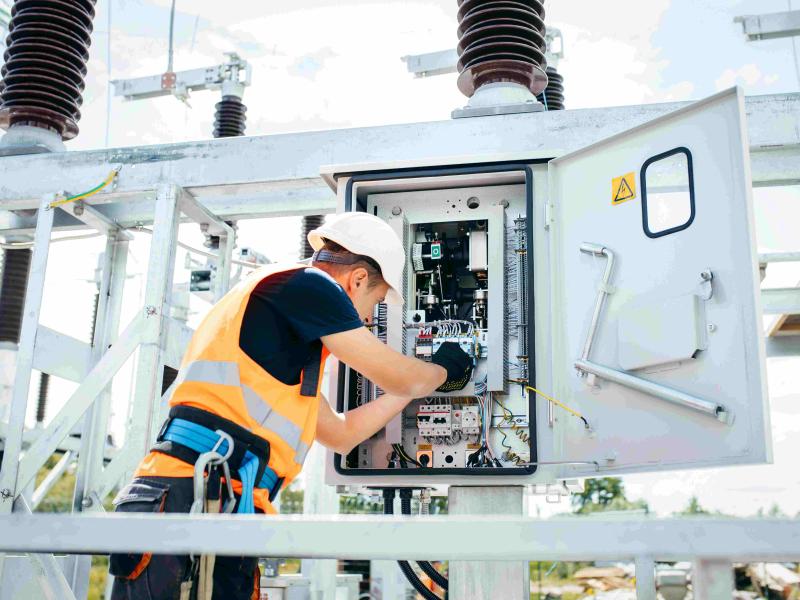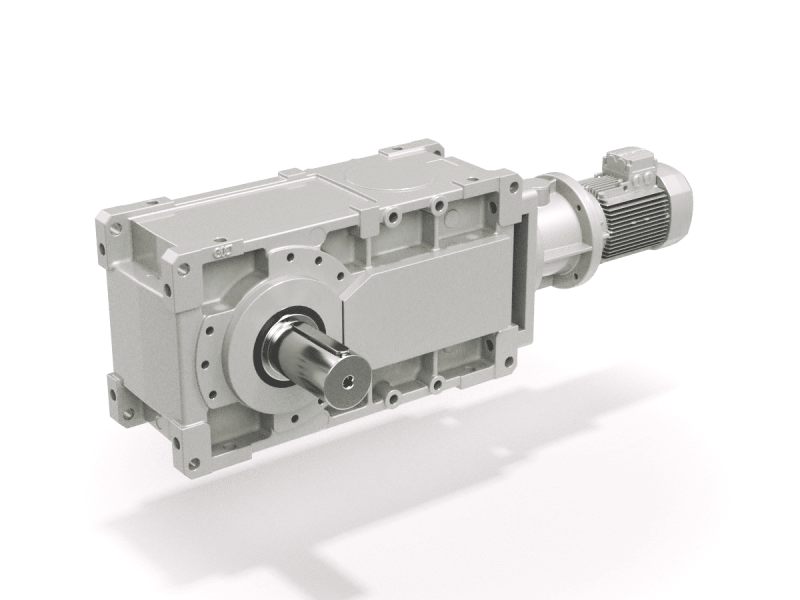According to the 2022 Global Waste Index, New Zealand ranks in the top 10 biggest waste producers, worldwide. Industries like mining and construction are in the spotlight, as they’re responsible for the production of large volumes of waste.
In an effort to reduce the impact of waste on our environment, New Zealand’s government has developed a waste management strategy, with the goal of achieving a low-emissions, low-waste society, built upon a circular economy, by 2050. This, in turn, is prompting industries to proactively address their waste management and improve their resource recovery.
This is where New Zealand-based waste treatment specialist, Global Composting Solutions comes, in with their HotRot in-vessel composting solutions. The HotRot is an odour-free solution that reduces waste and diverts it from the landfill, helping to reduce methane emissions. It’s ideal for customers who are seeking out an efficient waste management solution but don’t want to build a composting plant. Designed to process anything from 250kg to 10 000 kg of waste per day, it provides customers with a scalable solution that transforms any waste into a valuable resource: Compost.
The HotRot composting solutions are already in use on over 40 sites, in 15 countries, transforming waste from food, meat processing or even nappies, and turning it into compost. “Waste is a global problem and the need to deal with it has really seen the problem of organic waste going to landfill, coming into its own,” comments Andrew Green, MD of Global Composting Solutions. “Each country has a different need. In some countries, investment on solutions like ours is purely to minimise waste volumes”.
The HotRot solution is proving effective for smaller councils that are situated far from landfills (and the cost to transport waste to faraway landfill locations is prohibitive). “We establish small satellite facilities in regional towns to manage the organic waste and create compost to sell to local residents. We also have many systems on the islands around Australia and New Zealand because they operate to a zero-waste policy. Previously they had to ship their waste, but as 40-50% waste is organic, they can deal with it locally and give good quality organic compost back to the community to improve the condition of their soil and ultimately, their crops. One of our systems has been at the Melbourne Zoo for 12 years, processing animal waste, paper and food, and helping the zoo become a zero-waste organisation,” says Andrew.
Noting that Australia is moving to a separated organic waste collection system, Andrew says that smaller systems are being put in place to handle smaller waste volumes. “We’re seeing similar regional enquiries from New Zealand, where the vast geographic spread of the country makes the transportation of waste too costly for smaller councils”.
Global Composting Solutions has also received strong enquiries out of the Middle East, where soil regeneration is a top priority. “They are looking at creating good quality soil conditions to improve their agricultural production. They have a goal – to produce all their food locally and support themselves by 2030 which highlights their need for land fertile to grow crops”.
Powering the HotRot: Getting the right gearbox
The largest HotRot vessel is 18 metres long, with an internal diameter of 3.5 metres and a shaft that runs through the centre. The gearbox driving the mixing of waste is external to the vessel – internally it is driving a massive shaft.
The 700 mm-diameter shaft has tines attached to move the waste and incorporate air into the mix to help it break down faster. The rotates at less than 0.5 rev per minute, with short cycles for two to three minutes before it stops. The shaft rotates in both a forward and reverse direction. “At any one time you could have 100 tonnes of waste that the vessel which the shaft is working through,” explains Andrew.
“This means there is a massive torque requirement at slow speed. Getting the gearbox ratio right is critical. We needed a gearbox that’s fit for purpose,” he adds. This is when Global Composting Solutions turned to long-time partner, Bonfiglioli. “By working with Bonfiglioli we were able to tailor a solution that suits our engineering requirements and application – not the other way around!”.
“Bonfiglioli recommended the 300M Planetary Series – and we secured the largest planetary gearbox they’ve ever sold in New Zealand!”.
The 300M Series industrial planetary gearmotor from Bonfiglioli’s portfolio has been standardised, tried and tested. This gearbox delivers 700 – 800kNm of torque and features a specialised 5-stage gearbox. The 321 L5 gearmotor with an axial locating plate has been customised to provide the RPM required by Global Composting Solutions. “One of the improvements we made was to utilise an FZP splined output. This was to enhance ease of installation and removal,” explains Paul Savage, Manager of Bonfiglioli New Zealand. “This gearbox weighs 3 tonnes – it’s difficult to fit, so it has to be right first time and must work reliably without too much interference or maintenance”.
Built to last
Andrew explains that the in-vessel composters run for years with very little intervention, thanks to the basic design of the solution, and the use of high-quality components. “We build machines for a 15-year life but we have products with 15 years on them, that are still running on the original gearboxes”.
“The fact that Bonfiglioli is an international company is invaluable. When there are issues with the gearbox, they will send out a service technician and get it sorted quickly, no matter where the customer is located,” he adds. “This is rarely required as the gearboxes have very few failures. When we did have an early failure incident, Bonfiglioli fixed it in no time. They were very professional”.
A solid partnership
Andrew goes on to say that besides their prompt response to technical enquiries, Bonfiglioli is able to fulfil good lead times. “Paul and his team at Bonfiglioli are good at giving us options so we can source from Bonfiglioli manufacturing and assembly plants around the world, to make it happen”.
“To have good suppliers is critical, because we are in so many areas. We need a reliable product and network that backs us up with good service, technical expertise, stock and reliability,” says Andrew. “I would say Bonfiglioli has been key to our survival and success over last 15 years”.
“With waste management and food security topping the agenda for businesses and industries round the world, Bonfiglioli is proud to support companies like Global Composting Solutions, who are pioneering the technologies and solutions that not only reduce waste volumes, but produce much-needed resource in the process,” concludes Paul.






